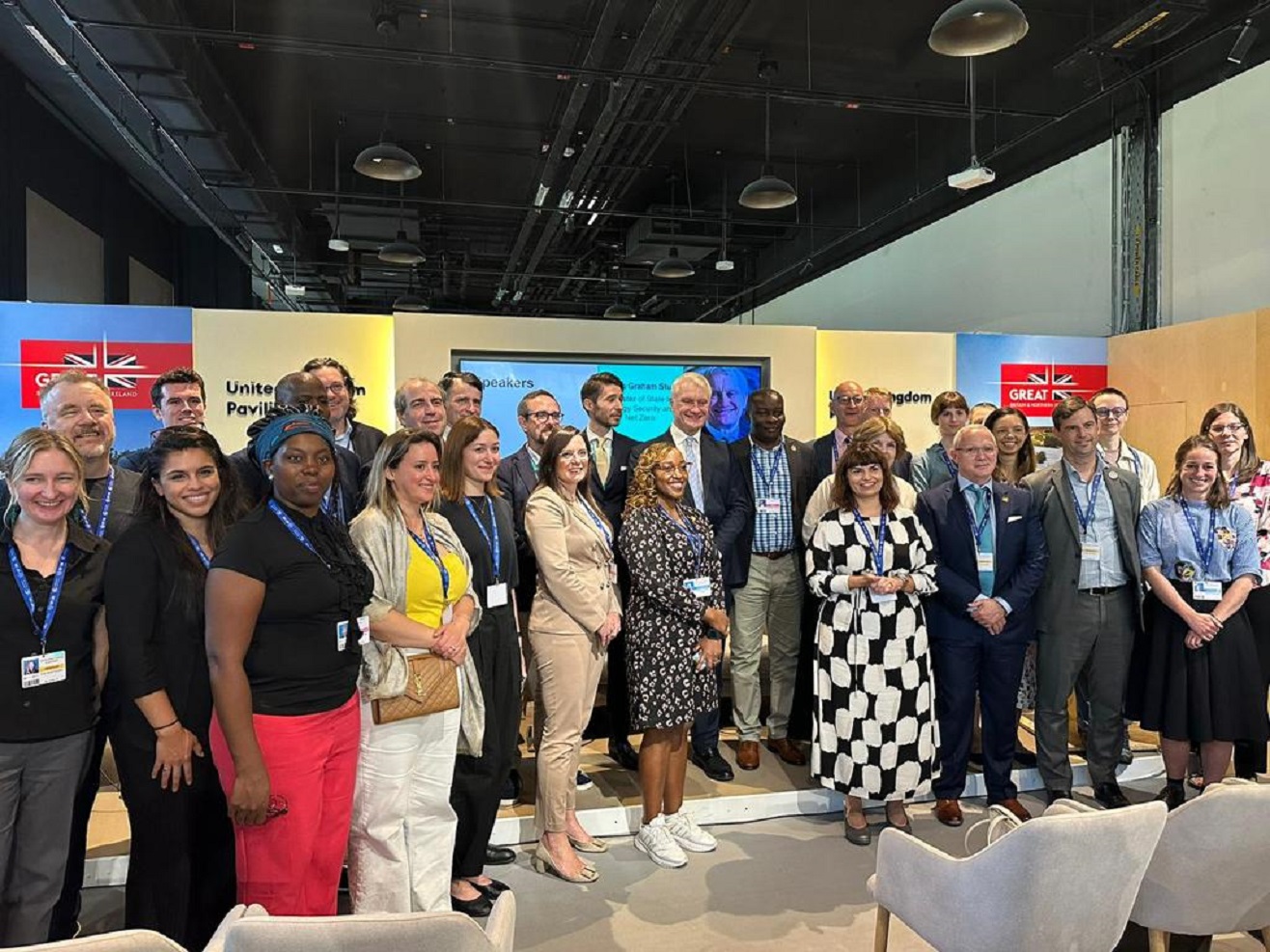
LSBU academics play leading role at COP28
COP28 has wrapped up! As 13 days of intense discussions, path-breaking ideas and renewed commitments to a greener future comes to an end, we look back at the key takeaways from the conference:
With cooling demand set to triple by 2050, sustainable cooling was at the top of the agenda. 63 countries came together to sign the Global Cooling Pledge, a first ever global commitment to cutting emissions from Cooling. Our very own Graeme Maidment led the efforts on behalf of Department for Energy Security and Net Zero.
Food cold chains is another area of concern as it directly impacts food loss. Efficient cold chains and their crucial role in guaranteeing food security is an area of concern for all. Judith Evans presented findings from the three-degree project that suggests that lowering temperature of frozen food to -15 degrees Celsius can save about 30% of food losses that occur due to lack of cold chain.
The first step to develop sustainable cooling in a warming word is to quantify the emissions. Interim findings from the Transport Industrial Commercial Refrigeration (TICR) and CS-Now projects that show cooling is responsible for 4% of the UK greenhouse gas emissions and 15% of the total electricity use.
Women are disproportionately affected by the climate crisis and Catarina Marques presented a UNEP – IIR worldwide survey on women in cooling, which shows that the environmental impact of cooling is the main motivational factor to join a career in the sector.
Professor Simon Philbin, Interim Dean of LSBU School of Engineering, said, ““Sustained efforts are needed to drastically reduce carbon emissions across the world, and I am delighted that leading researchers from London South Bank University have contributed to the UN’s Global Cooling Pledge, which has been signed by more than 60 nations at the COP28 event.”
The image above shows a session with Rt Hon Graham Stuart MP, Minister of State (Minister for Energy Security and Net Zero) at the UK Pavilion.